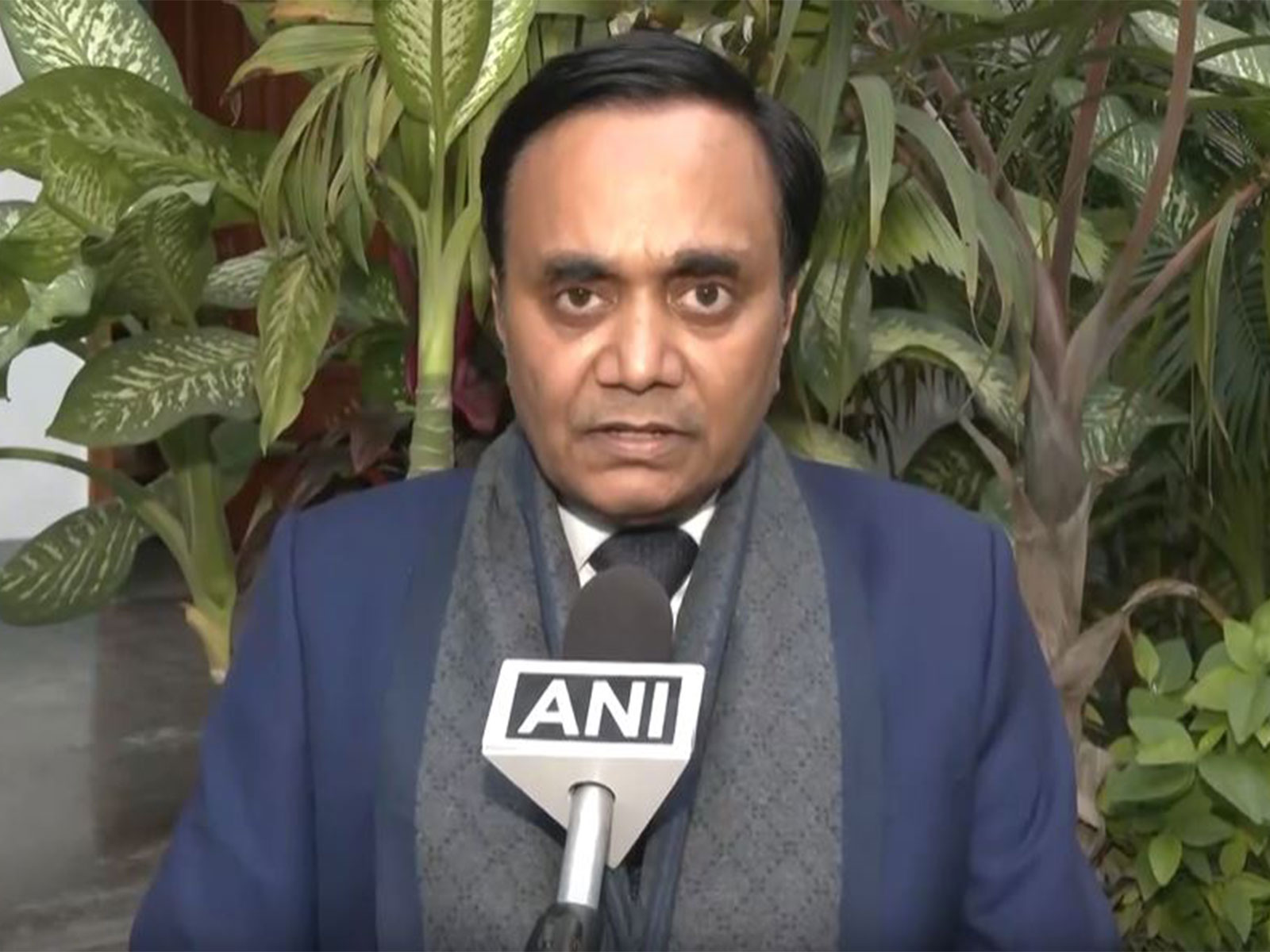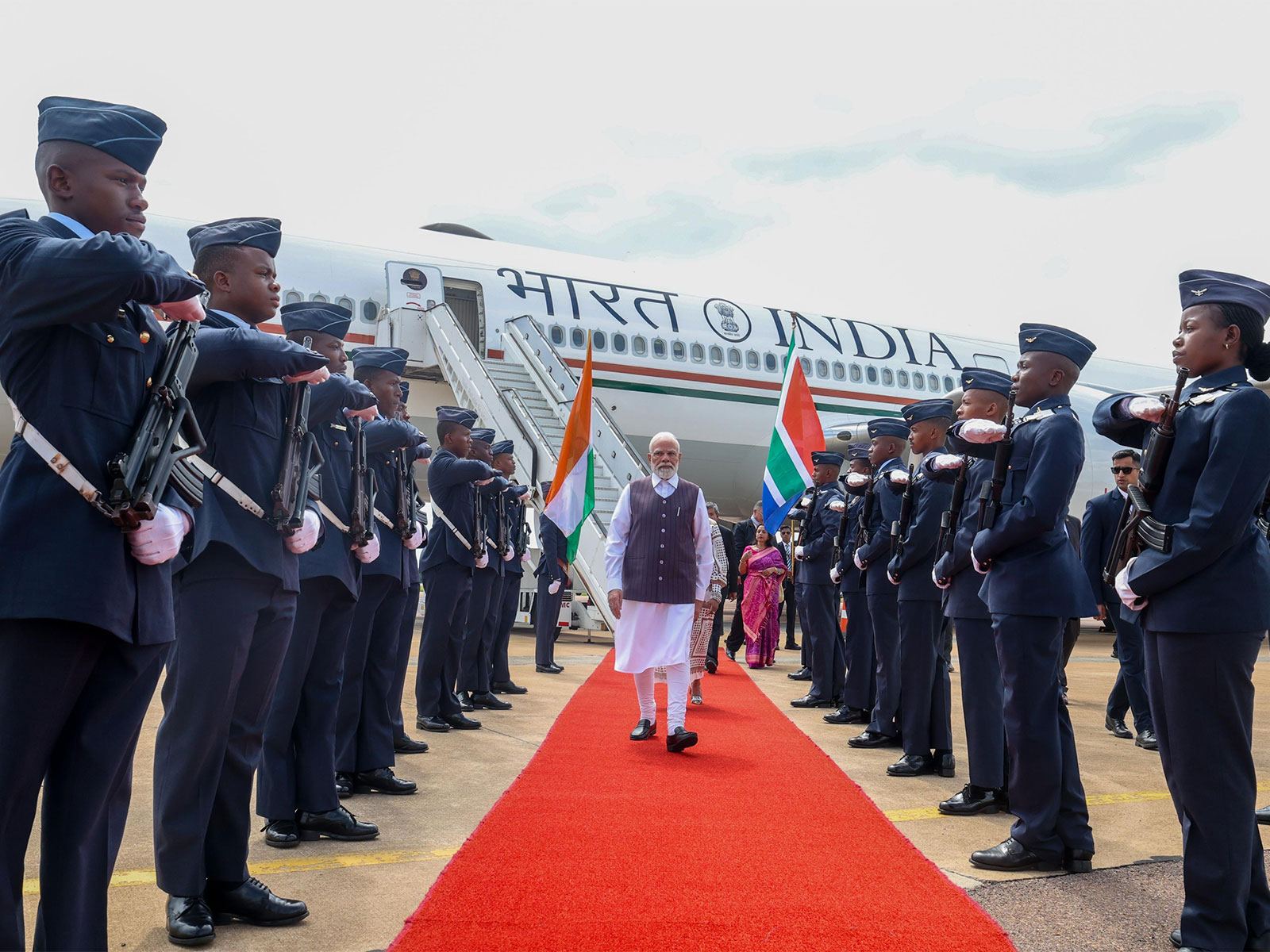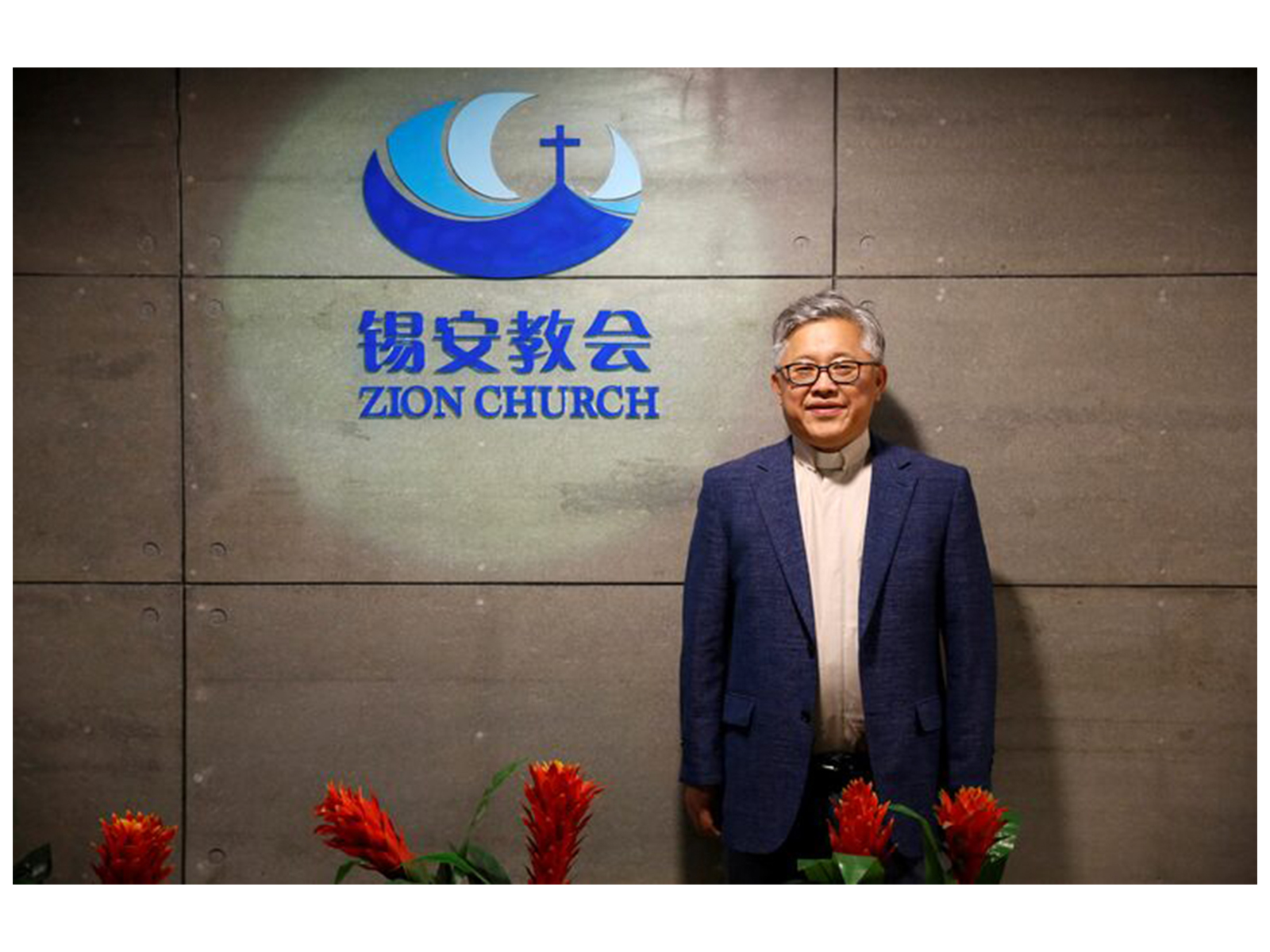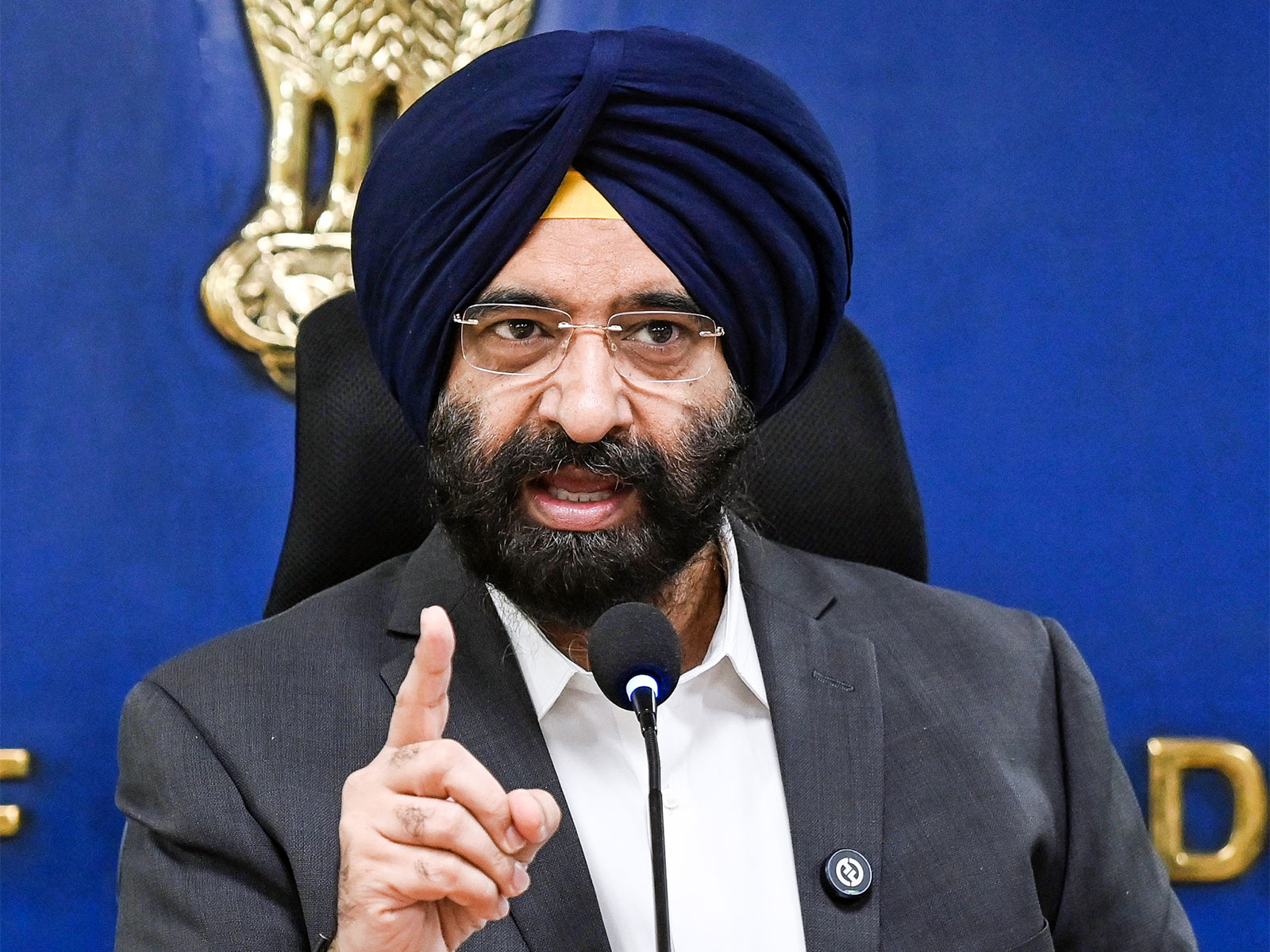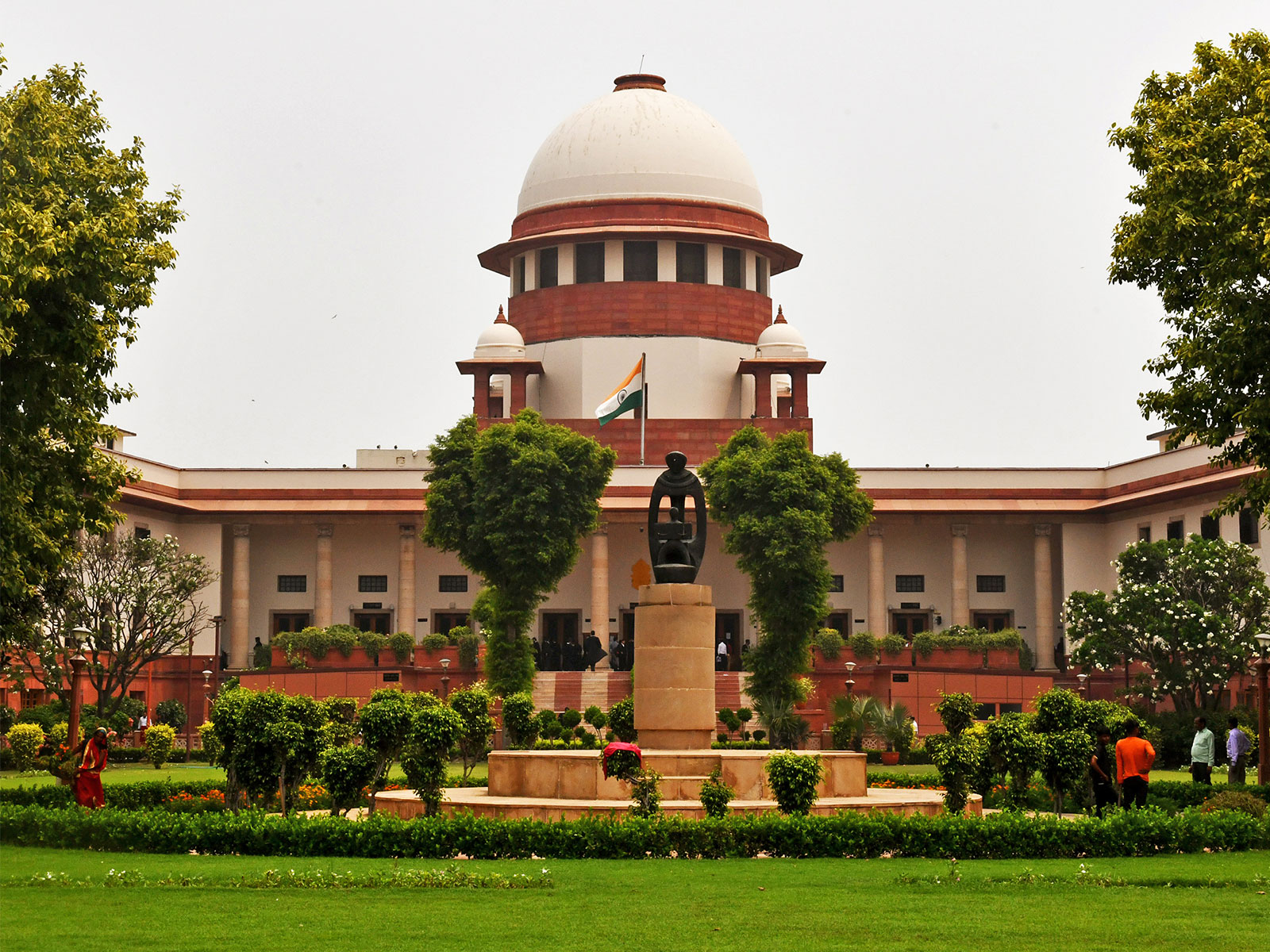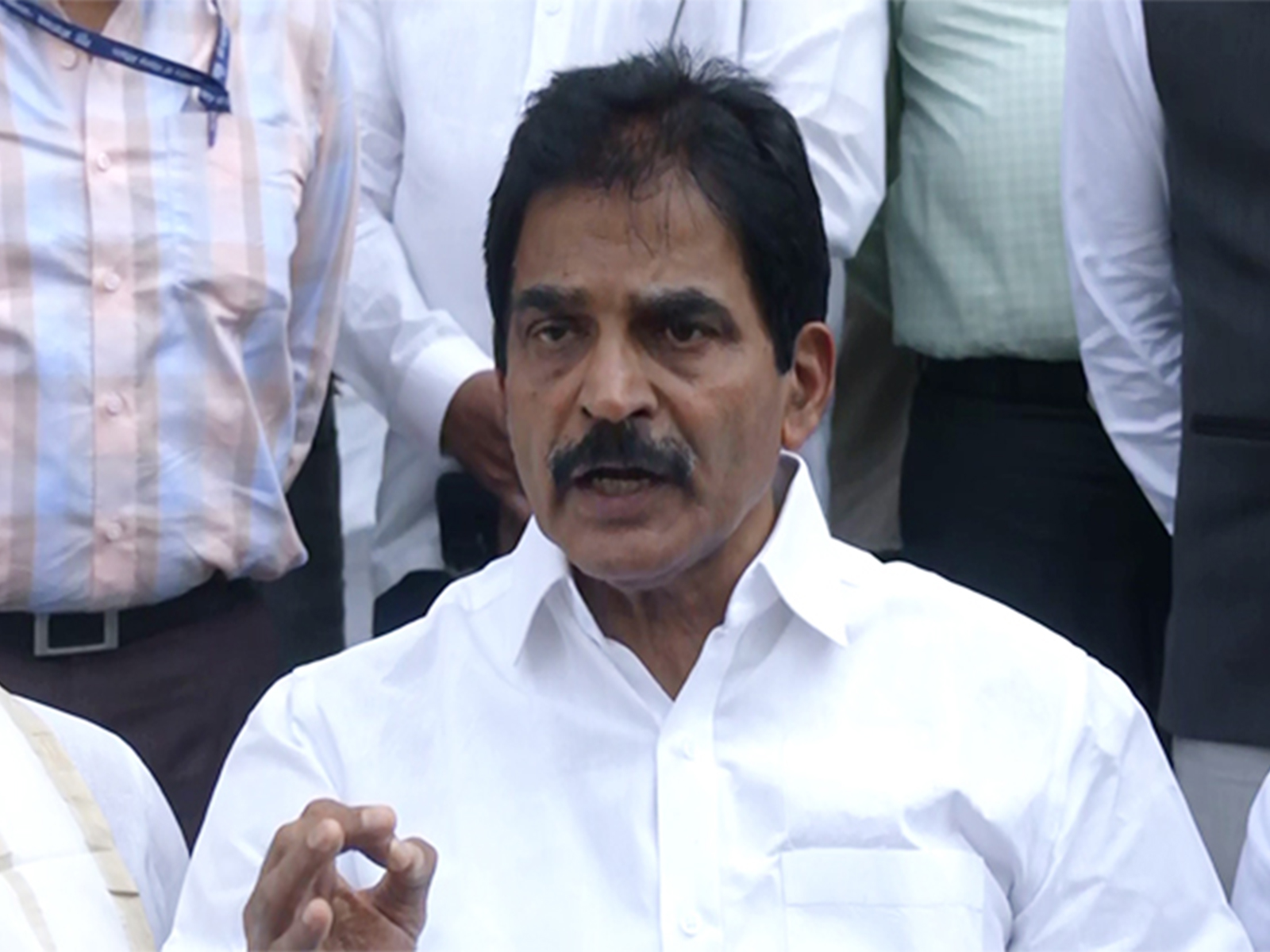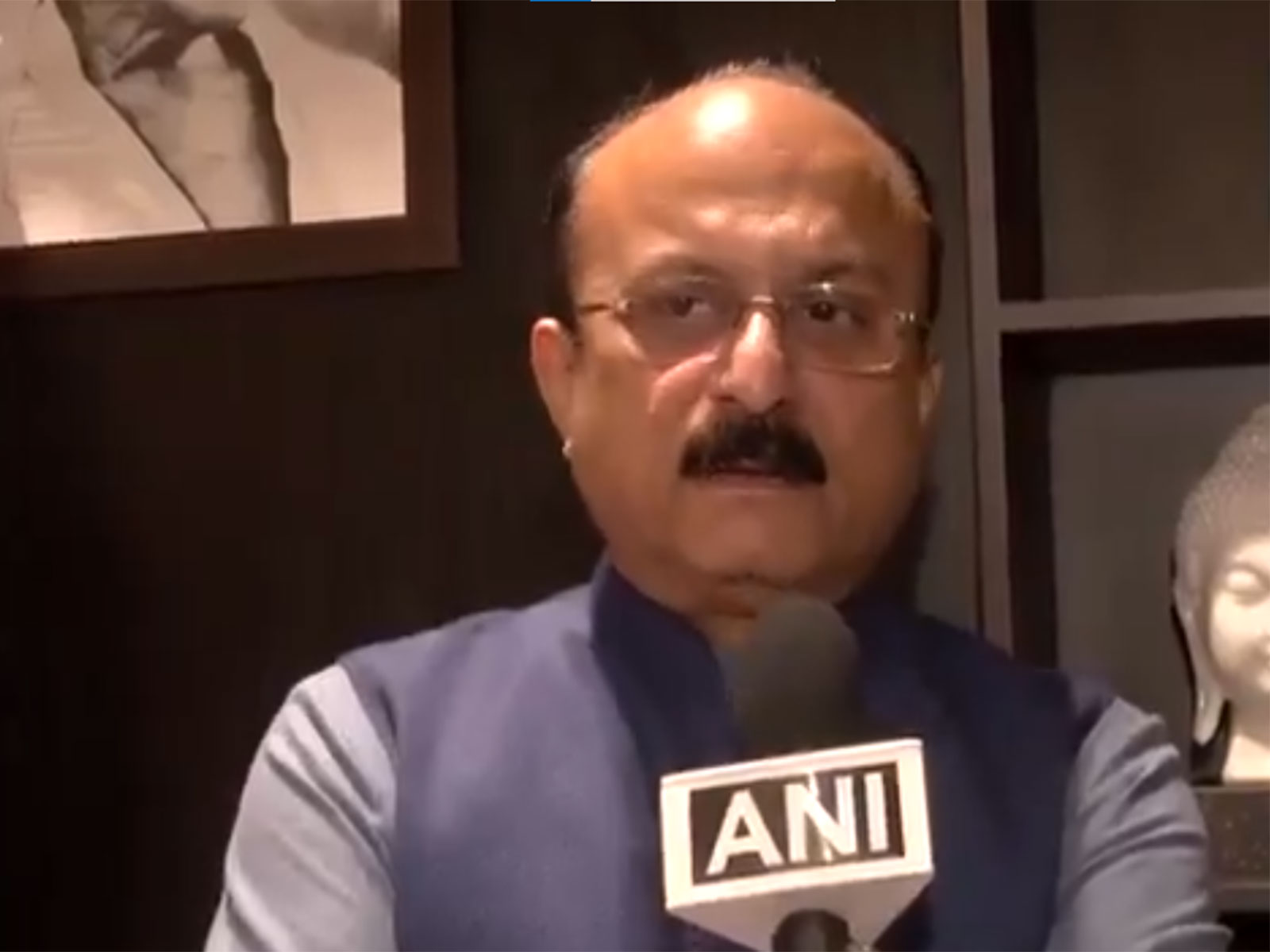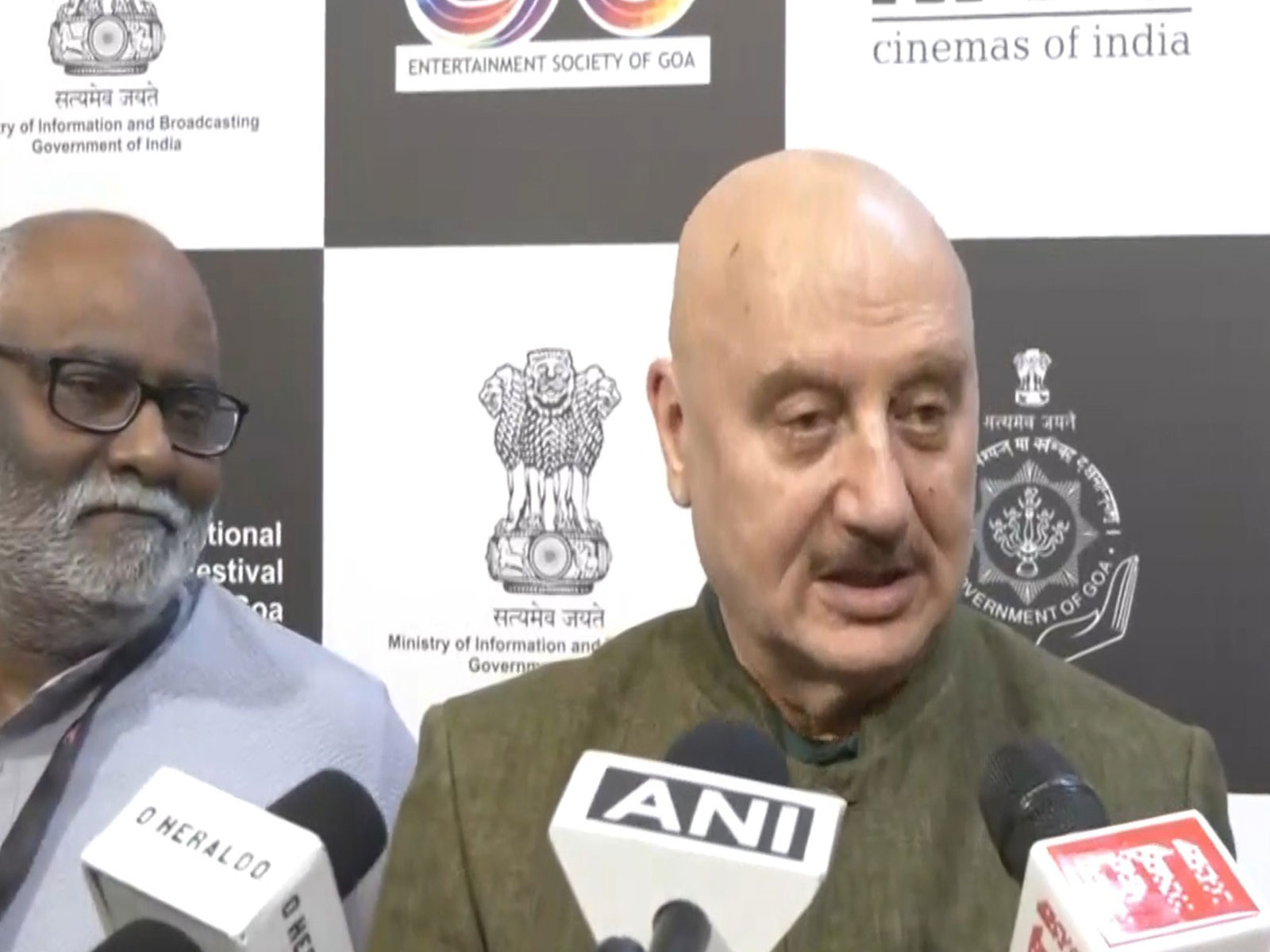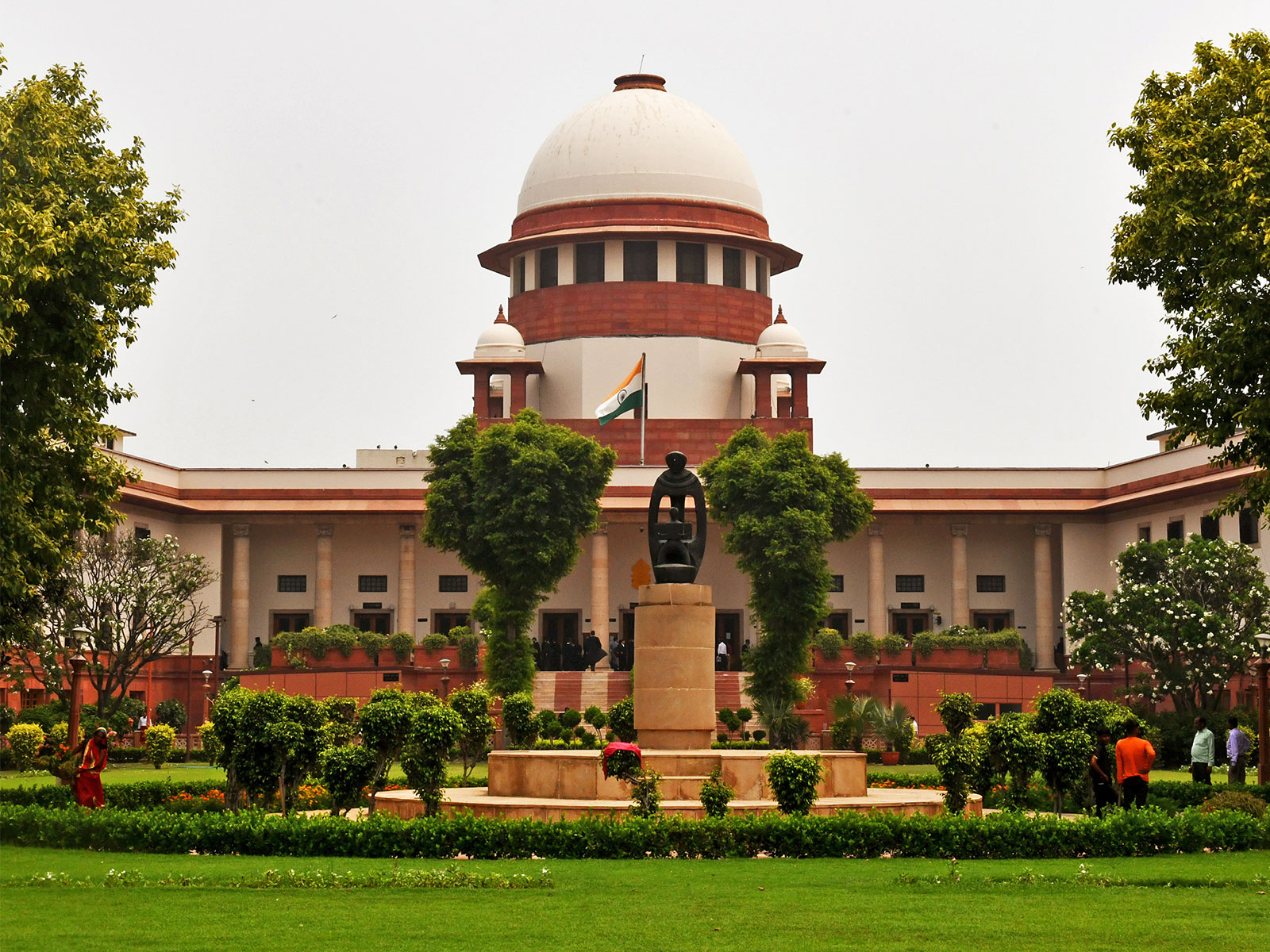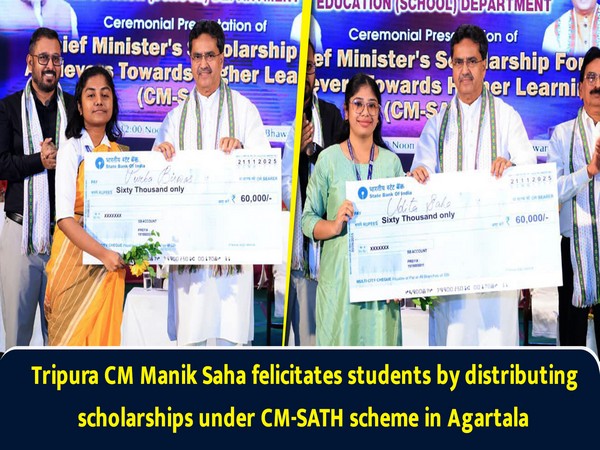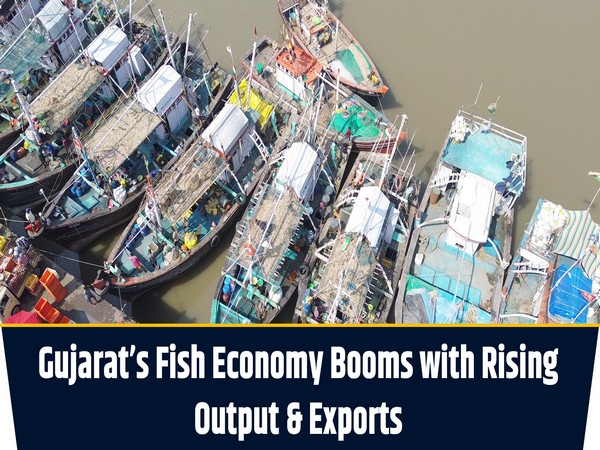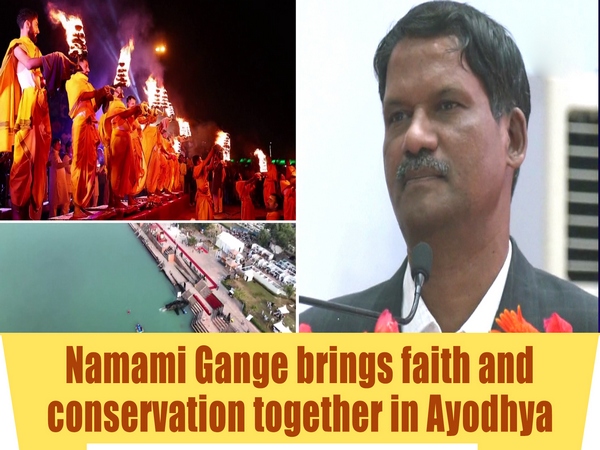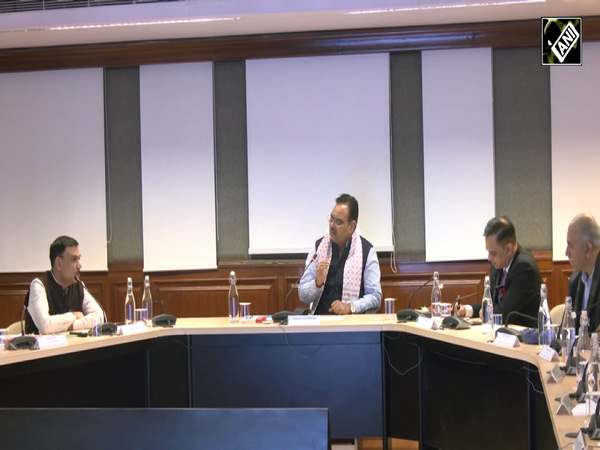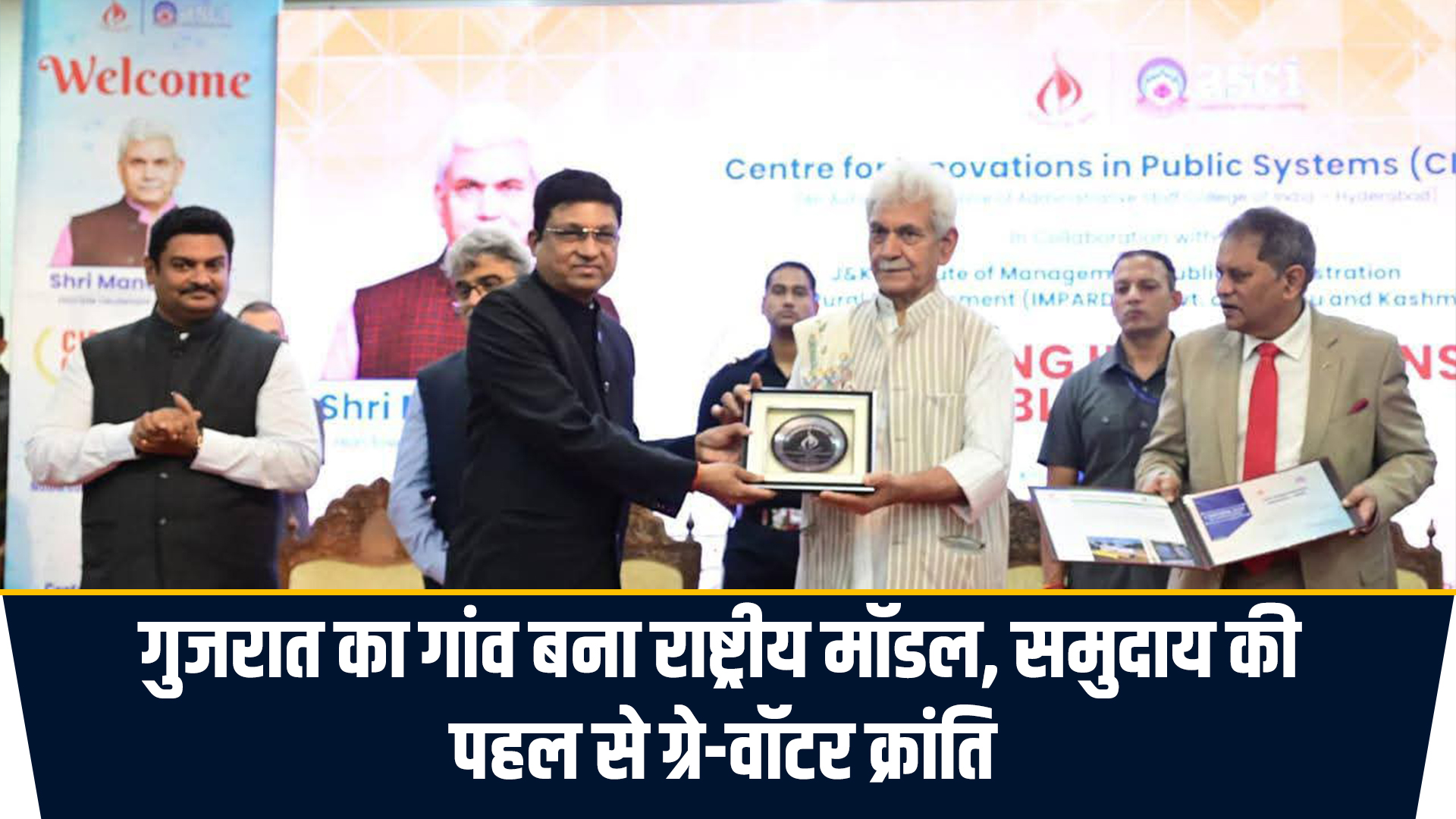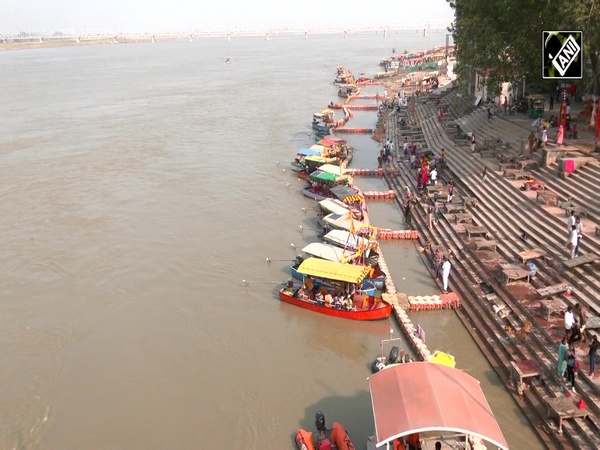Bhutan: How Oscar contender 'The Monk and the Gun' offers thought provoking narrative about Western influence
Oct 13, 2023

Thimphu [Bhutan], October 13 : Director Pawo Choyning Dorji, known for his acclaimed film 'Lunana: A Yak in the Classroom,' has returned with a "thought-provoking" narrative in his latest offering, 'The Monk and the Gun', the Bhutan Live reported.
This gem of a movie, representing Bhutan at the Academy Awards, weaves together humour, social commentary, and a deep exploration of the clash between Western values and a traditional South Asian culture.
These are one of the moments when a filmmaker's unique perspective shines a light on the complexities of culture clash and societal change.
Set against the backdrop of Bhutan's transition to democracy in 2006, 'The Monk and the Gun' takes viewers on a whimsical journey through a society grappling with change.
Dorji, who spent time in both Bhutan and the United States, brings a unique perspective to the table, shedding light on how Bhutan's slow-to-modernize kingdom is perceived by the outside world. The juxtaposition of his experiences creates a rich tapestry for storytelling, the Bhutan Live reported.
One central question the film playfully explores is, 'What would a monk want with a gun?'
This enigmatic premise paves the way for a shrewdly satirical fable in which Western ideals collide with the deeply rooted culture of Bhutan. The film keeps audiences guessing about the characters' motivations, creating a sense of suspense that pays off beautifully in the end.
The film's humour arises from the Bhutanese citizens' bewilderment at the concept of elections, something they refer to as if it were a "new pig disease."
"In contrast to the American emphasis on popular rule, Bhutan's transition to democracy is voluntary rather than revolutionary. The director cleverly uses this situation to comment on the increasingly polarized American political landscape. It highlights how some Bhutanese citizens are content with their existing system, even passing up the opportunity to choose their own leader in favour of their beloved king," Bhutan Live reported.
As the film unfolds, it becomes clear that not everyone is happy with the changes taking place in Bhutan. The titular monk, portrayed by Tandin Wangchuk, represents a voice of dissent, questioning Bhutan's shift from Buddhism to consumerism and self-interest.
Dorji masterfully keeps the monk's intentions ambiguous, challenging the audience to interpret his actions. This subtlety adds depth to the story, allowing for various interpretations.
The central plot device, an antique rifle from the US Civil War, becomes a symbol of Western influence in this remote Himalayan kingdom.
The pursuit of this rare firearm by multiple characters, including a shifty American named Ronald Colman, underscores the film's critique of how Western concepts have infiltrated and sometimes corrupted Bhutanese society. This critique extends from mass-exported notions of toxic masculinity found in James Bond movies to the global dominance of products like Coca-Cola, according to Bhutan Live.
"While Bhutan's introduction of elections may seem empowering, Dorji's film raises a poignant question: Is this shift away from a collective civic identity toward a more self-interested American mentality truly progress? Through intricate storytelling and a well-designed puzzle of interconnected elements, the film gradually unravels its underlying message. It's in the film's humorous and immensely satisfying finale that the true intent of the narrative becomes clear," Bhutan Live reported.
In 'The Monk and the Gun', Pawo Choyning Dorji invites viewers to reflect on the impact of Western influence on a society that has remained relatively untouched for centuries. With humour, wit, and a touch of mystery, he ultimately suggests that Bhutan has valuable lessons to offer the world, even as it navigates the challenges of modernization and democracy.
As the film represents Bhutan on the global stage, it also serves as a reminder of the power of cinema to bridge cultural divides and ignite meaningful conversations about our ever-evolving world, as per Bhutan Live.
